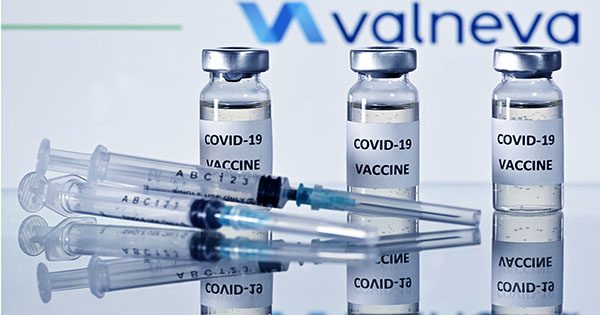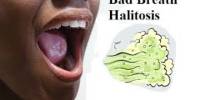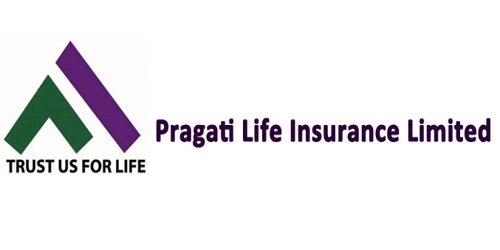A study from the University of Oxford found that a combination of doses of Astragenica and Pfizer vaccines produced high levels of antibodies against the coronavirus spike protein. A mixed vaccine schedule where shots of Pfizer’s COVID-19 vaccine were given four weeks after an AstraZeneca injection, new research has shown will create better immunity than giving another dose of AstraZeneca.
A study from Oxford University called Low-COV compared the two-dose schedules of Pfizer and AstraZeneca vaccines, and found that in any combination they produced high concentrations of antibodies against the coronavirus spike protein. The data support the decision of some European countries that began offering alternatives to astrageneca as a second injection after the vaccine was linked to rare blood clots.
Matthew Snape, an associate professor of pediatrics and vaccines at the University of Oxford and a leading researcher in trials, said: Will be used interchangeably, potentially being allowed flexibility in the UK and worldwide introduction of vaccines. “Results show that when given at four-week intervals, both mixed regulators induce an immune response that is above the threshold established by the standard Oxford / Astrageneca vaccine regimen.”
The highest antibody response was observed in individuals receiving two doses of the Pfizer vaccine, and both mixed needles produced better responses than two doses of the AstraZeneca vaccine. An injection of astrageneca after Pfizer produced the best T cell response, and astrageneca produced a higher antibody response than Pfizer.
The results were given to 830 participants for a combination of vaccines at four-week intervals. Low-COVO is testing mixed schedules at 12-week intervals, and Snape noted that AstraZeneca is known to create better immunity with longer intervals between injection doses. In the UK, officials have suggested an 8-week interval between vaccine doses for people over 40 and a 12-week interval for other adults.
Jonathan Van-Tam, England’s deputy chief medical officer, said the results of the low-COV survey were an “important step”. “They provide conclusive evidence that the JVIV (Joint Committee on Vaccination and Immunization) standard recommendations for vaccinating COVID-19 create highly satisfactory resistance to the two main vaccines that can be used,” he said.
















